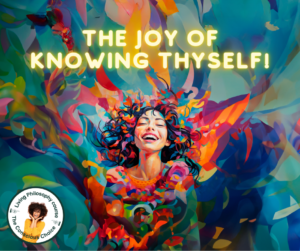
Life and death are two sides of the same coin. However, we spend most of our time dealing with life and rejecting or denying somehow the natural aspect of death, perhaps because we might see it as a final end. Death is commonly related to pain, suffering, loss and uncertainty. Ancient civilizations like that of Tibet had a different approach and were able to accept death naturally, almost inspired by the analogy of changing clothes when those we are wearing become old or worn out. But because death carries a mysterious element and is an unpredictable event, it is difficult but perhaps not impossible to understand.
Death is a fact we will all have to face one day. So to discover the real meaning of life and death is a quest that can be philosophically explored while we dive into the ocean of suffering that Buddhists call ‘Samsara’. We are trapped in a cycle of birth and death, and the path that has been given to us is to realise the nature of our mind. The Tibetans suggest three elements for actualizing the nature of our mind – or also called three ‘authentics’ – a Master, a devoted student and teachings that belong to a lineage of transmission. Because it is the mind, according to Buddhism, that experiences life and death, happiness and pain, heat and cold, and so on; it is the mind that creates and reveals all the variety of experiences. So if one understands the nature of it, the nature of things and existence can be understood too.
Interestingly, Tibetans use the word ‘lu’ to refer to the body and it means ‘something you leave behind’. This is the same idea of changing clothes and accepting we are travellers in a temporary experience which has roots in a divine realm. Asking oneself “What if I were to die tonight?” is an invitation to look inwards and meditate on the quality of life we are currently choosing to live, while accepting the reality in which we are transient beings. Achieving this approach comes from the exercise of meditation or reflection, which becomes a tool for discovering who we truly are and helps us overcome the ignorance of our true nature.

The Living Philosophy course is an introduction and foundation towards living life with meaning and awareness. It brings together the thoughts of the most prominent philosophers of the East and West, especially those who left deep marks on humanity. This comparative study of philosophies does not belong to a single thinker or any particular school but is a universal human heritage. It is more than just another course; it is an opportunity to promote philosophy as a way of life and engage deeply with ideas, practice together, and develop skills in a supportive community.
Next batches:
11.02.26, Wednesday 7.30 pm16.03.26, Monday, 7:30 pm
We travel far and wide, gather experiences, and absorb endless information—often in search of clarity, fulfilment, and happiness. Yet across cultures and civilisations, philosophers... Read More
Leadership is not a title — it’s a way of being.Before we can lead others, we must learn to lead ourselves. Authentic leadership begins... Read More
© 2015 Sofarider Inc. All rights reserved. WordPress theme by Dameer DJ.
